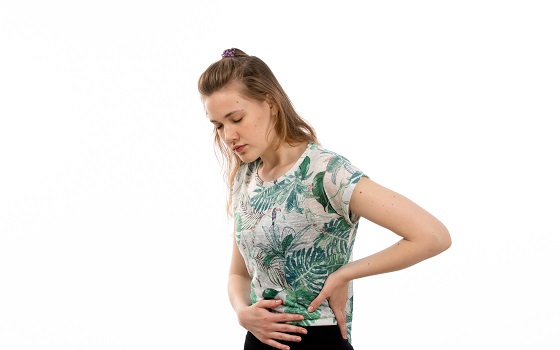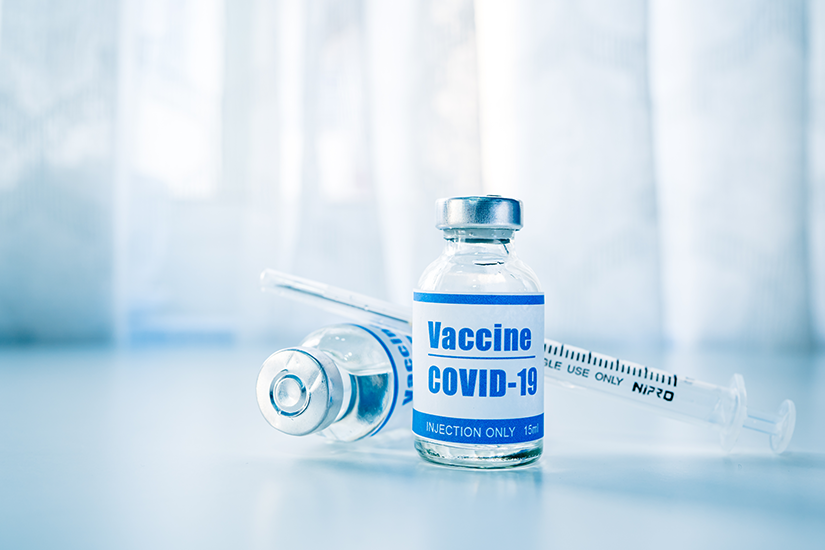- Emergency Ambulance Services
- 8606811111
- 0471-4077777, 0471-7177888
- gro@sutpattom.com
Prevention and treatment of gall bladder stones
Dr. Koshy Mathew Panicker, Consultant General Surgery, SUT Hospital, Pattom
1. What are gall stones?
These are hardened deposits of digestive fluid (bile) present in the gall bladder. This common condition affects 10-20% of the Indian Population.
2. What are the causes of Gall stone formation?
If the gall bladder does not empty well, if the bile in the gall bladder has excess cholesterol which cannot be dissolved by enzymes and if the bile has too much bilirubin, like in the cirrhosis of liver etc, these can contribute to Stone formation.
3. Are there any risk factors of stone formation?
Gall stones are more common in females over the age of 40. Obesity, a sedentary lifestyle, a diet rich in fat and poor in fibre, diabetes and a family history are some risk factors.
4. What are the symptoms of Gall stones?
Gall Bladder stones may not cause any symptoms (silent stones). Otherwise common symptoms seen are pain in the right side of the abdomen. These may be severe and may radiate to back and right shoulder. Heaviness in abdomen, nausea and vomiting, they get worse on having food. If the stone slips to bile duct, it can cause jaundice and high fever.
5. Who needs treatment for Gall stones?
Not everyone need treatment, silent stones may be kept under close observation. All other patients with symptoms should seek medical advice. Person with bladder stones and a history of gall bladder cancer in the family also require treatment.
6. What is the diagnostic modality of Gall stones?
A Simple ultrasound abdomen is the main diagnostic modality used. In case of CBD stones, CECT / MRCP are preferred.
7. What is the treatment for Gall Stones?
Gall stones are usually treated by surgery in which bladder is removed. This is a laparoscopic surgery. The other form of treatment directed at dissolving the stones which is usually not effective.
8. Can the risk of forming gall stones be reduced?
Yes, maintaining a healthy weight is the surest form of reducing gall stone formation. Regular exercise and low calorie diet helps to keep stones away. Avoid skipping meals; People who are under weight training must aim for reduction up to 500g to 1kg / week.









